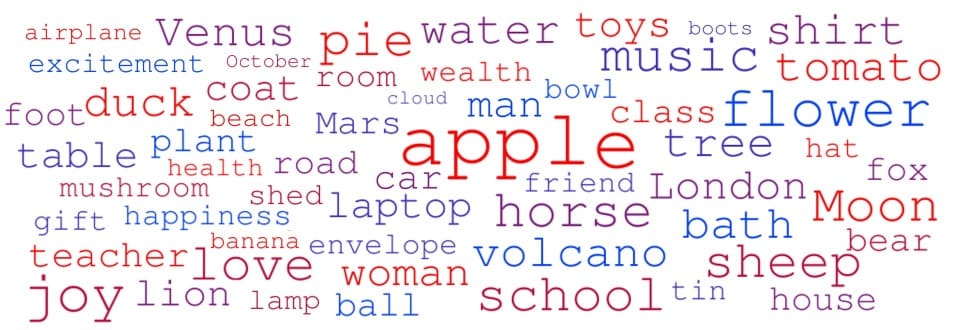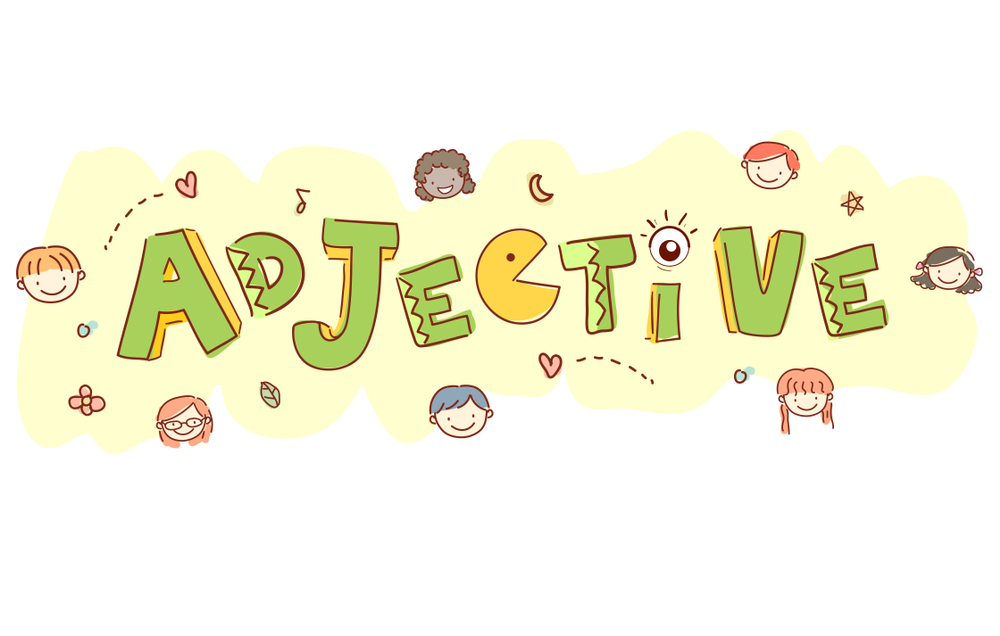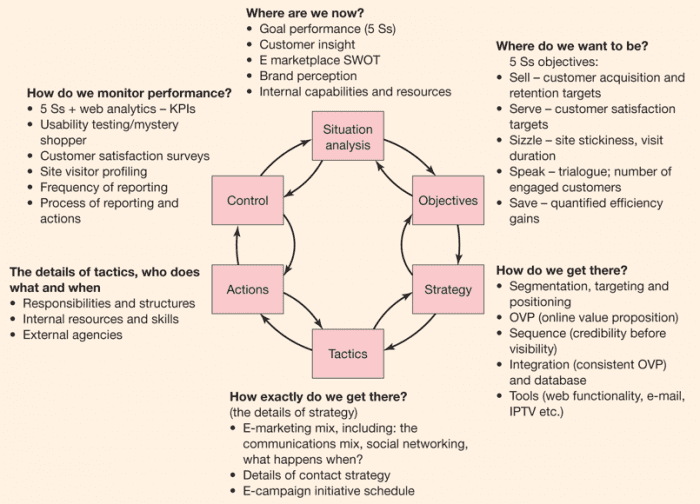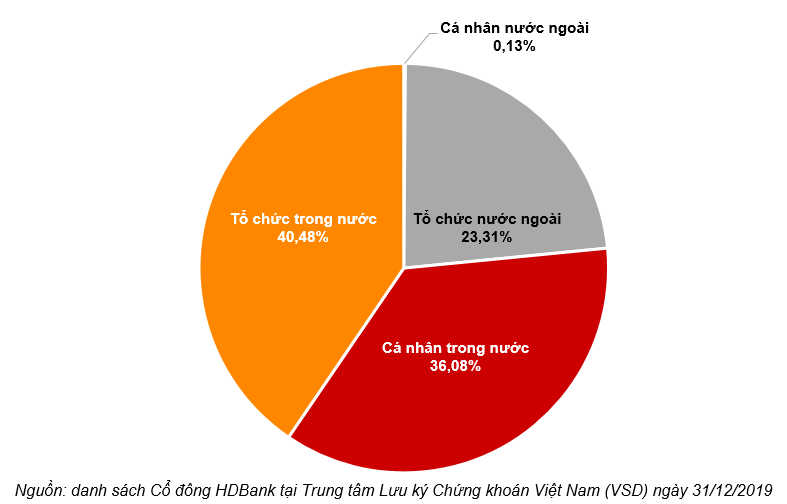Bạn đang xem: Word form là gì

Ví dụ:I go to school.=> I là chủ ngữ cho động từ goThanh is studying in her room.=> Thanh là tên riêng làm chủ ngữ cho động từ “to be” is
Ví dụ:He gives me a book.=> a book là tân ngữ trực tiếp cho động từ give (được chia thì hiện tại đơn)
Ví dụ:Khi đứng sau các động từ nối hay liên kết (linking verbs) như to become, to be, to seem,…I am a doctor.⇒ doctor (danh từ chỉ người) làm bổ ngữ cho chủ ngữ IHe became a teacher after graduating from university.⇒ teacher (danh từ chỉ người) làm bổ ngữ cho chủ ngữ He.
Khi đứng sau một số động từ như to make (làm, chế tạo,…), to elect (lựa chọn, bầu,…), to call (gọi điện thoại,…), to consider (xem xét,…), to appoint (bổ nhiệm,…), to name (đặt tên,…), to declare (tuyên bố,..) to recognize (công nhận,…), … Ví dụ: Managers appointed my mother team leader.=> Team leader làm tân ngữ cho my mother.
-tion: information, application, dedication, ambition.-ment: entertainment, development, movement, establishment.-ness: happiness, readiness, sadness, weakness.-ity: personality, nationality, activity, opportunity.-ship: relationship, hardship, friendship, internship.-ant: applicant, attendant, assistant, consultant.-er: examiner, lawyer, prisoner, foreigner.– or: mentor, doctor, director, supervisor

-ate: appreciate, celebrate, congratulate-en: frighten, soften, widen-ify: identify, specify, qualify-ise/-ize*: realise, recognise, modernize
ad- adapt, admit, advancede- deceive, deform, describeim-/in- impose, increase, informper- perform, persuade, perceivere- recall, receive, reproduce
Lưu ý: Một vài cặp từ có phát âm giống nhau nhưng là 2 từ và nghĩa khác nhau.Ví dụ: bare (adj)/bear (v), fine (adj) /find (v), lose (v)/ loose (adj)

-able, -ible: comfortable, readable, incredible, invisible-al, -ial: comical, normal, musical, industrial, presidential-ful: beautiful, harmful, peaceful, wonderful-ic: classic, economic, heroic, romantic-ical: aeronautical, alphabetical, political-ish: British, childish, Irish, foolish-ive, -ative: active, alternative, creative, talkative-less: endless, motionless, priceless, timeless-eous, -ious, -ous: spontaneous, hideous, ambitious, anxious, dangerous, famous-y: angry, busy, wealthy, windy
Lưu ý 1: Một vài tính từ có đuôi là ly vẫn có thể vừa là tính từ vừa là trạng từ: daily, early, monthly, weekly, nightly, yearlyVí dụ:Adjective: She gets a weekly payment from her parents. (She gets money every week.)Adverb: I pay my rent weekly. (I pay my rent every week.)
Lưu ý 2: Một số từ có đuôi là ly nhưng chỉ là tính từ (không phải trạng từ): costly, cowardly, deadly, friendly, likely, lonely, lovely, oily, orderly, scholarly, silly, smelly, timely, ugly, woolly.
1 | economic (adj) mang ý nghĩa mua bán, tiền bạc The economic forecast for next year is not good. Xem thêm: Website Là Gì – Tại Sao Cần Phải Thiết Kế Website | economical (adj) mang ý nghĩa tiết kiệm Electric cars are very economical. |
2 | classic (adj) mang nghĩa đồ vật có chất lượng cao, giá trị, điển hình The show is a classic example of TV made for children. ( | classical (adj) mang nghĩa giá trị văn hóa thời xưa She has learned to dance both classical and modern ballet. |
3 | historic (adj) mang tính chất chứng nhân lịch sử, ý nghĩa lịch sử I feel that this is a historic moment for our country. | historical (adj) chỉ những gì thuộc về nghiên cứu lịch sử. I love reading historical novels. |

Trạng từ dùng để bổ nghĩa cho động từ
Children grow up quickly.I exercise regularly and I eat quite healthily.
Trạng từ từ bổ nghĩa cho động từ “to be”
I’m upstairs. I’ll only be a minute.
Trạng từ dùng để bổ nghĩa cho tính từ hoặc 1 trạng từ khác
I found it extremely easy talk to her.She drives really carefully.
Trạng từ dùng để mô tả kĩ về thời gian, cách thức, mức độ và độ thường xuyên hành động/ sự việc nào đó.
Trạng từ mô tả về thời gian (time): already, lately, still, tomorrow, early, now, soon, yesterday, finally, recently, today, yetVí dụ: I never get up early at the weekends.Trạng từ mô tả về cách thức (manner): accurately, beautifully, expertly, professionally, anxiously, carefully, greedily, quickly, badly, cautiously, loudly, quietlyVí dụ:Walk across the road carefully!Trạng từ mô tả về mức độ và độ thường xuyên (degree and frequency): absolutely, enough, perfectly, somewhat, a (little) bit, entirely, pretty, terribly, a lot, extremely, quite, too, almost, fairly, rather, totally, awfully, highly, remarkably, utterly, completely, always, usually, seldomVí dụ: It’s rather cold, isn’t it?I’m always losing my keys.
Xem thêm: Foody Là Gì – Giới Thiệu Về Foody
100% Học viên đều đạt điểm IELTS đầu ra với lộ trình học ĐÚNG TRỌNG TÂM và CHUẨN ĐẦU RA tại IELTS Vietop

100% Học viên đều đạt điểm IELTS đầu ra với lộ trình học ĐÚNG TRỌNG TÂM và CHUẨN ĐẦU RA tại IELTS Vietop.
Chuyên mục: Hỏi Đáp










